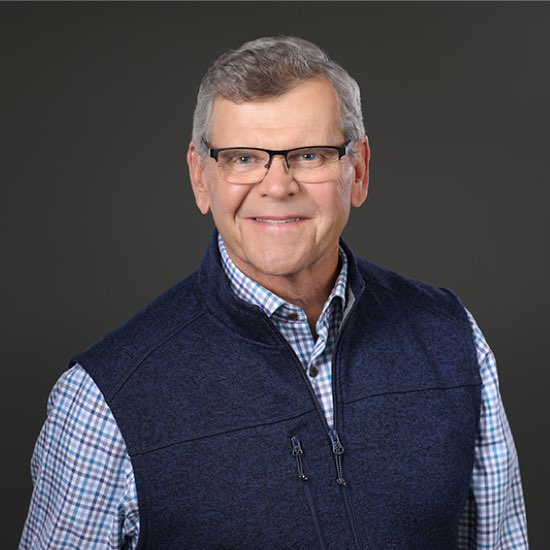Candidates | David Dodge, CPC
What to expect when you interview for a leadership position in the C-suite

So, you’re scheduled to interview for a role in the C-suite? Congratulations! Aspiring to assume a senior executive role with all its benefits and responsibilities is a significant step in one’s career and one you should be proud of taking.
However, if this is your first time interviewing for a role as CEO, CFO, COO, or other senior leadership position, you will want to anticipate a more involved interview process than you may have experienced in the past. Being aware of and planning for the multiple stages that you are likely to encounter will increase your likelihood of securing that top position.
Basic interview preparation
As with any position, interviewing for a position in the C-suite requires basic preparation.
Research the company
- Look for information you can use to determine if this is truly a place you wish to work, and to help you formulate questions you would like answered during the interview process.
- Do an internet search for both news and financial results.
- Search the company’s website, LinkedIn, and other social network sites to identify employees you may know at the company and for the people with whom you will be interviewing.
- Look up the company on business information sites like DNB & Hoovers. Your local library can give you access to other reference resources like Data Axle, (formerly Reference USA).
- Your knowledge of the company’s history and performance is essential to have intelligent exchanges during the interview process.
Anticipate interview questions
- The company will be evaluating your overall fitness for a leadership role in their organization. Thus, it is likely you will be asked questions about your management skills and experience, your background, qualifications, and communication skills, and how you have dealt with unique business situations in the past.
- Make sure you have answers to these questions and specific examples to demonstrate your strengths in these areas. Rehearse these answers so you know them cold.
Stay loose and flexible
- My experience when working with small and mid-size companies has been that the interview process for senior management can vary a great deal from company to company. Larger organizations may have a formal process laid out, but for small and mid-size firms it can often be more haphazard. The key is to stay flexible and be prepared for anything. Remember to show enthusiasm and energy during the entire process and be ready for the occasional curveball.
A formal process
Assuming the organization you are interviewing with has a more formalized process, expect to go through several stages. You need to pass each one to make it on to the next.
Stage one – Interviews with HR
- The first interviews are typically conducted by human resource professionals who will be trying to determine if your basic qualifications and skills align with the position, and to look for any gaps or conflicts of interest. Assuming you have done your homework, company research and interview preparation, this stage should be low stress.
Stage two – Behavioral Interviews
- In the second round of interviews, you will meet with members of the hiring team, which might include other company leaders, board members or the person to whom you will directly report. During these sessions, you will receive behavioral-based interview questions, asking how you have managed (or how you would manage) certain challenging situations.
- Key at this stage is to show confidence, professionalism and why you possess the leadership qualities that will help you succeed in the position. Ideally, you can draw upon your past specific experiences to describe how these events have developed your knowledge and leadership skills to enable you to succeed in the position.
Stage Three – Case Study
- Following the initial interview stages, you may be assigned a case study to complete or a different type of presentation to make to the hiring team.
- This could involve reviewing or researching information on aspects of the company’s current or past financial or operational situation. You might be asked to do a Strengths, Weaknesses, Opportunities and Threats (SWOT) analysis, share your vision of how you would help overcome obstacles and challenges the company is facing, and what strategies you would employ to grow revenues and profits. You would likely need to create a power point presentation to support your talking points.
- This stage can be challenging but also a great opportunity to demonstrate the critical thinking, strategy, and intellect you can bring to the position. During this process, don’t hesitate to ask your company contact or the search consultant you are working with to provide further details if you feel you need clarification on the information being provided or expectations of what you will deliver.
Stage Four – Psychological Assessment
- If you’ve made it this far, you are in the home stretch. You may be asked at this point to go through a psychological assessment. This could be a combination of online and/or in-person questions and interviews with a business psychologist.
Stage Five – Meet the team
- If you haven’t already done so, you may have an opportunity to meet in person with co-workers, direct reports and/or other business leaders. If you have reached this stage, you are likely the top candidate, but this can be a last-minute gut-check by the hiring team to make sure the cultural fit is aligned.
- Reference checks may also be conducted in Stage Four or Five.
Stage Six – The Offer
- By the time you receive a formal offer, it is likely that discussions about compensation have already taken place so both sides know about what to expect. If you are working with an executive search consultant, they can provide valuable competitive information regarding compensation. Otherwise, it is important to have done as much research as possible, so your expectations match up with the market value for the position and your services.
Congratulations! You are now ready to ace the interview process and land that key position in the C-suite!

